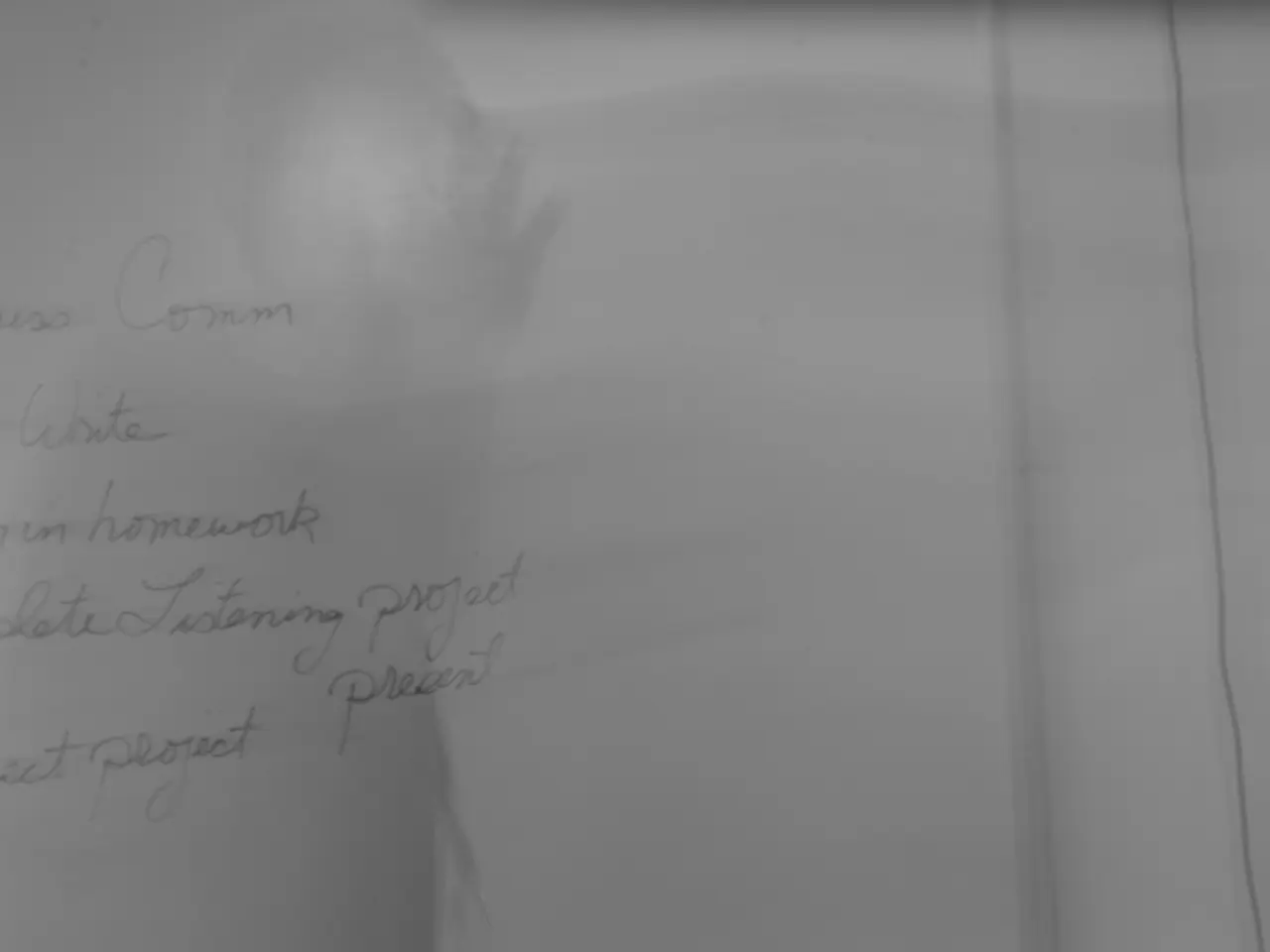Escaping a Harmful Family Atmosphere: A Guide to Self- Liberation
Navigating a Toxic Family Environment: Strategies for Mental Health and Healing
Living in a toxic family environment can take a toll on mental and physical health, leading to struggles such as anxiety, depression, and a shaky self-view. For Gen Z and Millennial women, this issue is particularly prevalent. However, there are strategies to cope and break free from such environments.
Breaking Free and Caring for Mental Health
Breaking free from a toxic family environment and coping with its long-term psychological effects involve several key strategies. Setting and maintaining healthy boundaries, seeking professional support such as therapy, engaging in self-care, and building external support networks are all essential components. These approaches help protect mental health and foster healthier relationships over time.
Setting Healthy Boundaries
Clearly identifying and communicating what behaviors are unacceptable is crucial. Using calm and assertive language, such as "I feel uncomfortable when...," helps establish these limits. Consistency in enforcing these limits is essential for emotional safety.
Seeking Professional Help
Individual therapy, especially trauma-informed approaches and cognitive-behavioral therapy (CBT), can aid understanding toxic dynamics, processing trauma, and developing coping skills. Family therapy might also help if safe communication is possible. Support groups provide validation and shared experiences.
Prioritizing Self-Care
Regular physical activity, proper nutrition, mindfulness, hobbies, and sufficient rest are vital for resilience. Taking intentional breaks from toxic interactions allows emotional recovery.
Building External Support Networks
Cultivating relationships outside the family, with friends, support groups, or community resources, offers alternative sources of emotional support and validation.
Challenging Negative Beliefs and Increasing Flexibility
Many from toxic family backgrounds struggle with maladaptive core beliefs and change resistance. Actively recognizing and reframing these thoughts supports personal growth and adaptability.
Documenting Interactions
Keeping a record of abusive or boundary-violating behaviors can help maintain clarity and support difficult decisions about limiting or cutting off contact if necessary.
Long-term Perspective
Accepting that toxic family members may not change shifts the focus to self-compassion, resilience, and creating new healthy routines and traditions.
Maintaining Self-Care and Healing
Maintaining self-care routines is crucial for mental well-being during and after leaving a toxic family environment. Healing from a toxic family environment is a process that may involve therapy, reflection, and possibly forgiveness.
Financial Challenges and Opportunities
If financial dependency is an issue, seeking financial guidance can help find ways to earn and stand strong. Utilizing AI-powered tools can aid in improving mental health, habits, and overall happiness. Many users report positive changes in their lives within just two weeks of using these tools for mental health support.
Building Healthy Relationships
Post-separation, it's essential to create healthy bonds based on respect. Building a support network outside of the family can be a lifeline for those trying to break free from a toxic family environment.
Connecting with a Community
Finding a supportive community can be beneficial for those navigating a toxic family situation. This can provide validation, shared experiences, and emotional support.
Pursuing Personal Growth
With newfound freedom, there's an opportunity to focus on personal growth, such as studies, work, or hobbies. Continuous exposure to a toxic family environment can result in long-term consequences such as mental health issues, low self-esteem, difficulty in relationships, and substance abuse. By adopting these strategies, individuals can work towards emotional freedom, improved mental health, and a healthier, happier life.
- Engaging in self-care practices, such as regular physical activity, proper nutrition, mindfulness, journaling, and sufficient rest, will help increase resilience and foster personal growth.
- Pursuing education-and-self-development opportunities, whether through studies, work, or hobbies, allows for greater personal growth and independence after leaving a toxic family environment.
- Maintaining a lifestyle centered around health-and-wellness, mental-health, and self-care contributes to emotional healing and building stronger relationships in the future.
- Science and technology can be used as resources in overcoming the challenges of toxic family dynamics by utilizing AI-powered tools for mental health support.
- Prioritizing personal growth and adaptability involves challenging negative beliefs and learning to recognize and reframe maladaptive core beliefs.
- By building strong external support networks outside the family, individuals can develop healthier, more balanced relationships and gain emotional validation.
- Connecting with a community that shares similar experiences and provides emotional support can be an invaluable asset when navigating difficulties within family-dynamics and relationships.




